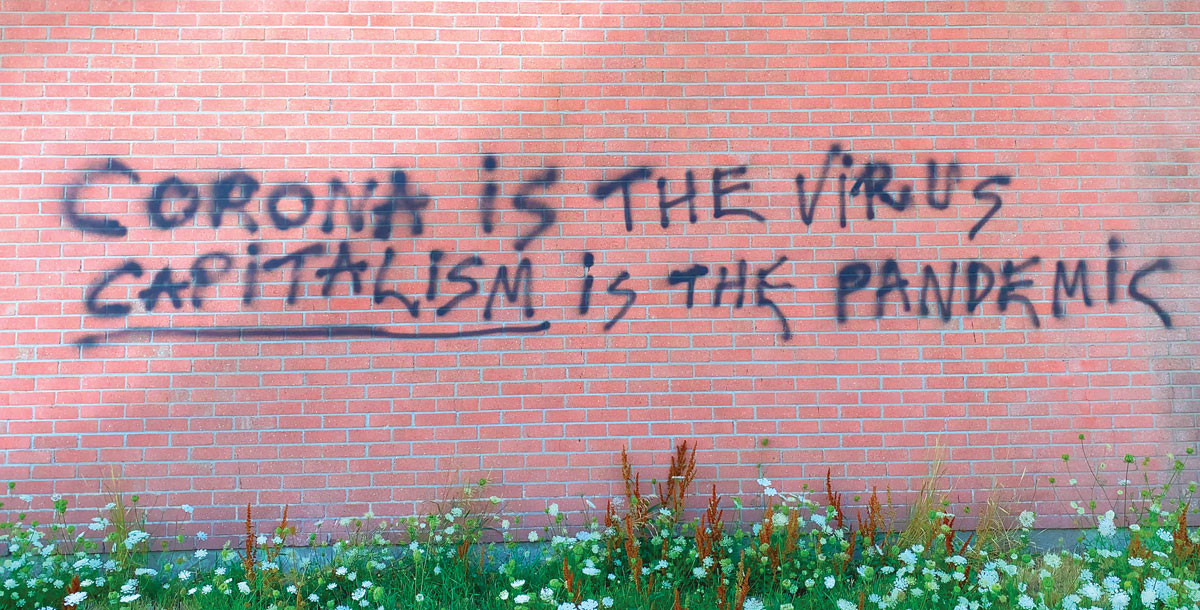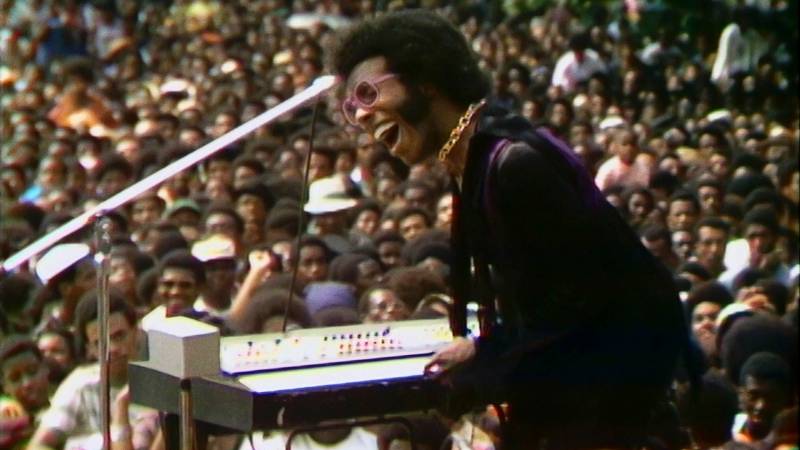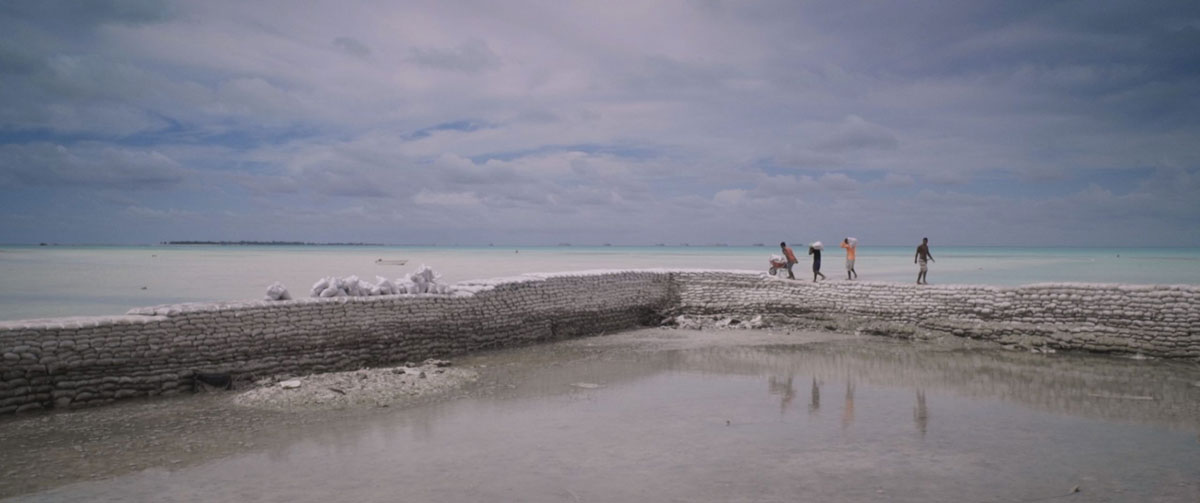I’m tempted to say that the pandemic has been crueler to narrative filmmakers than to documentarians, for the obvious reason that it slammed the door on rehearsals and shoots. But my only real evidence is anecdotal, namely the preponderance of new docs on display locally at last month’s International Ocean and Livable Planet Film Festivals, next month’s DocFest and the front-and-center DocLands, running May 7–16 online and at the Smith Rafael Film Center in San Rafael.
To be sure, some of the selections of the Mill Valley Film Festival’s nonfiction offshoot have already screened hereabouts via the online/drive-in Sundance and/or SFFILM Festivals. Here’s another chance to see Debbie Lum’s verité portrait of a year at Lowell High, Try Harder! (streaming May 14-16 only), Mariem Pérez Riera’s Rita Moreno: Just a Girl Who Decided to Go For It (May 9-11, ahead of its June theatrical release) and Amy Tan: Unintended Memoir (at the Rafael May 9 with the author in person, and May 11; also streaming for free on the PBS website until May 17).
A couple other energetic cultural explorations make the Bay Area scene between their Sundance debuts and upcoming theatrical runs. Edgar Wright’s ear- and eye-opening The Sparks Brothers reflects and remixes the long-running musical creativity of L.A. siblings Russell and Ron Mael, while Questlove’s crowd-rousing Summer of Soul (…Or, When the Revolution Could Not Be Televised) excavates the rhythmic and bluesy tapes of the summer-long 1969 Harlem Cultural Festival featuring Sly & the Family Stone, Nina Simone and other showstoppers.

Local filmmaker Sachi Cunningham pairs with Vayabobo to profile multimedia artist and performer Bill Shannon, who transformed his childhood illness (Perthes disease, a degenerative hip condition) into the foundation of his movement-oriented work, in Crutch. Life and art also intersect with thunderous force in Rosalynde LeBlanc and Tom Hurwitz’s Can You Bring It: Bill T. Jones and D-Man in the Waters, which entwines the history of the choreographer’s 1989 ballet with a contemporary staging by dancers born after the AIDS pandemic.
Making art is a life’s work, and we frequently discount that aspect of an artist’s career. At the same time, we often invest artmaking with more status (and glamour) than other forms of work. The labor-focused filmmakers Julia Reichert and Steven Bognar, who won the Best Documentary Feature Oscar a year ago for American Factory (Netflix), have long recognized the dignity of blue-collar jobs and are rightfully recognized with this year’s DocLands Honors Award.



